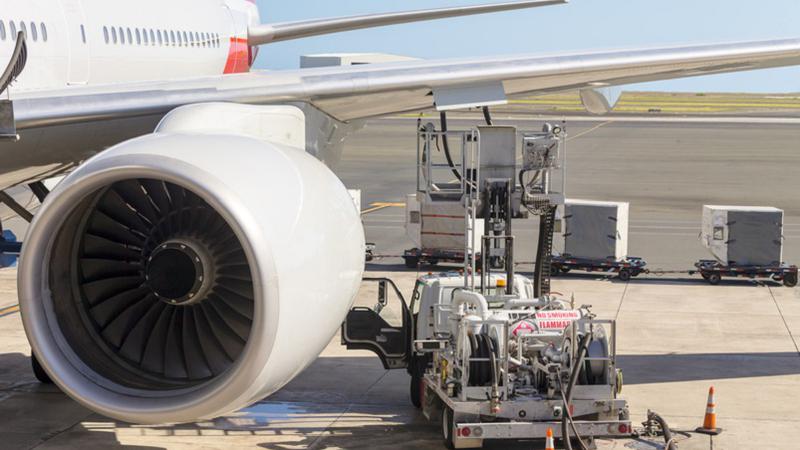
Proposed canola-based aviation fuel plant in the works
MELFORT, Sask. – An Alberta company wants to build a plant that would use canola oil in the production of aviation fuel.
Reconciliation Energy Transition develops energy projects with Indigenous equity ownership. The company is talking to agriculture and energy companies about investing in the $600 million project.
SaskCanola executive director Tracy Broughton said the proposal would expand markets for prairie farmers.
“I think any domestic market opportunity for our farmers is a really great opportunity for diversification of the canola industry,” Broughton said. “I know 90 per cent of our canola grown in Western Canada is exported, so any opportunity for it to be processed here on the prairies helps to reduce some of the risks that might come with trade.”


